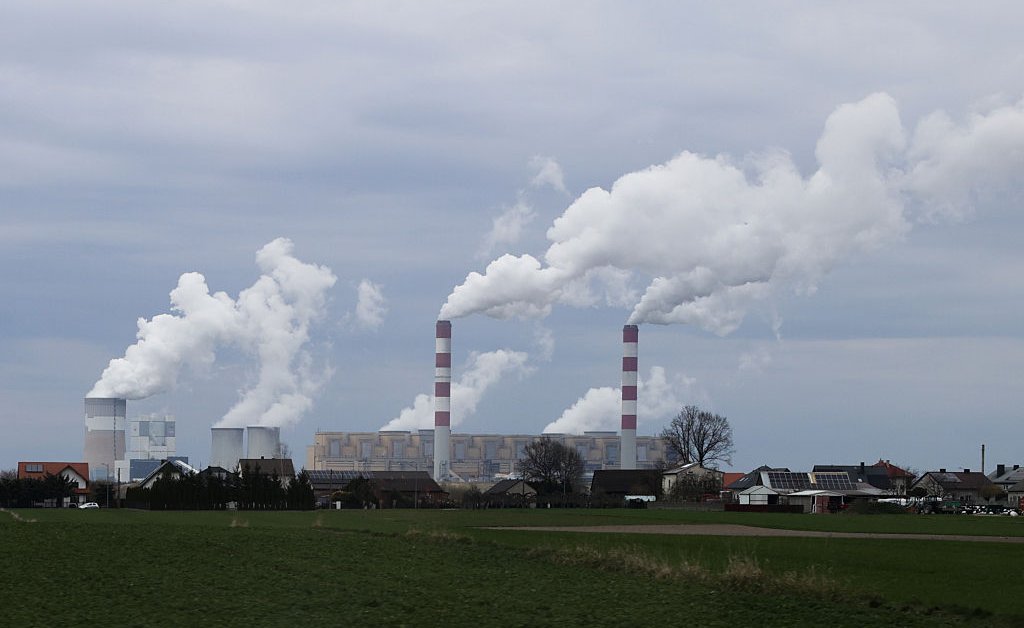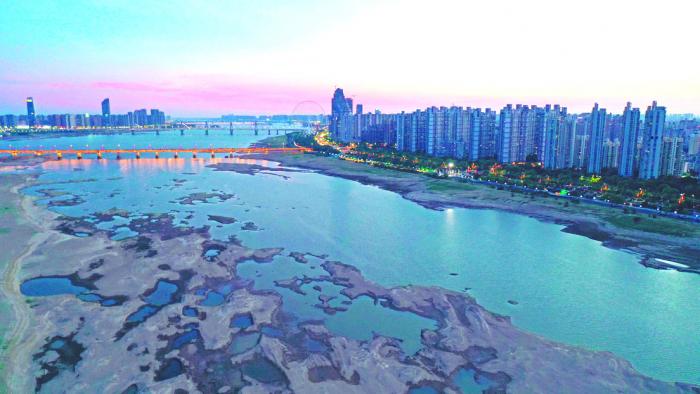Air Pollution's Deadly Toll: How Emissions Reductions Can Save Thousands

Welcome to your ultimate source for breaking news, trending updates, and in-depth stories from around the world. Whether it's politics, technology, entertainment, sports, or lifestyle, we bring you real-time updates that keep you informed and ahead of the curve.
Our team works tirelessly to ensure you never miss a moment. From the latest developments in global events to the most talked-about topics on social media, our news platform is designed to deliver accurate and timely information, all in one place.
Stay in the know and join thousands of readers who trust us for reliable, up-to-date content. Explore our expertly curated articles and dive deeper into the stories that matter to you. Visit Best Website now and be part of the conversation. Don't miss out on the headlines that shape our world!
Table of Contents
Air Pollution's Deadly Toll: How Emissions Reductions Can Save Thousands
Air pollution silently claims millions of lives each year, a grim statistic often overshadowed by more immediate global concerns. But the impact of breathing polluted air is undeniable, contributing significantly to respiratory illnesses, heart disease, and even cancer. The good news? Significant reductions in harmful emissions are achievable, and those reductions translate directly into saved lives. This article delves into the deadly consequences of air pollution and explores the crucial role of emission reduction strategies in protecting global health.
The Shocking Statistics: A Global Health Crisis
The World Health Organization (WHO) estimates that air pollution contributes to approximately 7 million premature deaths annually. This isn't simply a problem confined to developing nations; even in wealthier countries, air quality remains a serious health concern. Fine particulate matter (PM2.5), a particularly dangerous pollutant, penetrates deep into the lungs and bloodstream, causing widespread damage. Exposure to high levels of PM2.5 is linked to:
- Increased risk of cardiovascular diseases: Heart attacks and strokes are significantly more likely in areas with poor air quality.
- Respiratory illnesses: Asthma, bronchitis, and chronic obstructive pulmonary disease (COPD) are exacerbated by air pollution.
- Lung cancer: Long-term exposure to pollutants increases the risk of developing this deadly disease.
- Other health problems: Air pollution has also been linked to neurological disorders, diabetes, and even premature births.
The Sources of the Problem: Identifying the Culprits
Understanding the sources of air pollution is crucial to implementing effective solutions. Major contributors include:
- Fossil fuel combustion: Power plants, vehicles, and industrial processes burning coal, oil, and natural gas release vast quantities of pollutants into the atmosphere.
- Industrial emissions: Factories and manufacturing plants release a range of harmful chemicals and particulate matter.
- Agricultural practices: Activities like livestock farming and fertilizer use contribute to air pollution through ammonia and methane emissions.
- Household energy consumption: Burning wood and other biomass fuels for cooking and heating in many parts of the world is a significant source of indoor and outdoor air pollution.
The Path to Cleaner Air: Effective Emission Reduction Strategies
Fortunately, there are proven strategies to significantly reduce harmful emissions and improve air quality. These include:
- Transitioning to renewable energy: Investing in solar, wind, and other renewable energy sources reduces reliance on fossil fuels. Learn more about the benefits of renewable energy .
- Improving vehicle efficiency and promoting electric vehicles: Stricter emission standards for vehicles and incentivizing the adoption of electric vehicles can dramatically reduce transportation-related pollution.
- Strengthening industrial emission controls: Implementing and enforcing stricter regulations on industrial emissions is essential.
- Promoting cleaner cooking practices: Providing access to cleaner cooking fuels and technologies in developing countries can significantly improve indoor air quality.
- Urban planning and green spaces: Designing cities with more green spaces can help filter pollutants and improve air quality.
Saving Lives Through Action: The Urgent Need for Change
The evidence is clear: reducing air pollution is not just an environmental issue; it's a critical public health imperative. The millions of lives lost annually due to air pollution represent a preventable tragedy. By investing in emission reduction strategies and advocating for stronger environmental policies, we can create a healthier future for everyone. This requires collective action from governments, industries, and individuals alike. The time to act is now; the lives saved will be a testament to our commitment to a cleaner, healthier world.
Call to Action: Learn more about air pollution in your area and what you can do to contribute to cleaner air. Contact your local representatives and urge them to support policies aimed at reducing harmful emissions. Every action, no matter how small, contributes to a healthier planet and a brighter future.

Thank you for visiting our website, your trusted source for the latest updates and in-depth coverage on Air Pollution's Deadly Toll: How Emissions Reductions Can Save Thousands. We're committed to keeping you informed with timely and accurate information to meet your curiosity and needs.
If you have any questions, suggestions, or feedback, we'd love to hear from you. Your insights are valuable to us and help us improve to serve you better. Feel free to reach out through our contact page.
Don't forget to bookmark our website and check back regularly for the latest headlines and trending topics. See you next time, and thank you for being part of our growing community!
Featured Posts
-
 Travis Scott And Fc Barcelona Release Joint Clothing Line
May 11, 2025
Travis Scott And Fc Barcelona Release Joint Clothing Line
May 11, 2025 -
 Ee Uu Abandona Venezuela Cardenales Piden Paz Mundial Ecuador Rechaza Impugnacion Electoral China Induce Lluvia Artificial
May 11, 2025
Ee Uu Abandona Venezuela Cardenales Piden Paz Mundial Ecuador Rechaza Impugnacion Electoral China Induce Lluvia Artificial
May 11, 2025 -
 Hilaria Baldwin On Amy Schumer I Hope I Never Meet Her Is This The Mystery Stranger
May 11, 2025
Hilaria Baldwin On Amy Schumer I Hope I Never Meet Her Is This The Mystery Stranger
May 11, 2025 -
 The Story Behind The Rare Air Jordan Sneaker A Tribute To North Carolina
May 11, 2025
The Story Behind The Rare Air Jordan Sneaker A Tribute To North Carolina
May 11, 2025 -
 The 2025 Time 100 A Deep Dive Into The List And Its Implications
May 11, 2025
The 2025 Time 100 A Deep Dive Into The List And Its Implications
May 11, 2025
